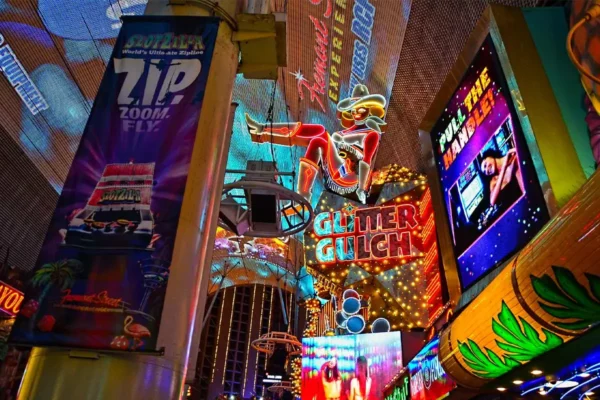How things change. And stay the same.
Ten years ago in an article titled “Ten Things We Need to Explain about Our Industry,” we said “we’re not tourism – we really have relatively little to do with the leisure sector that makes up the bulk of the tourism product in most parts of the world. In fact, we’re much more connected to the areas of business and economic development.”
At the time, many saw this as heresy – even within the industry itself. Today, it is almost universally accepted, at least amongst ourselves, driven by a growing awareness that the greatest value of meetings, conventions and other business events is the role they play in supporting economic, academic and professional advancement. In achieving this transition, we’ve managed to better align ourselves with the reasons organizers actually hold such events – and at the same time, with what are today the No. 1 priorities of governments and communities everywhere on earth.
Now, this distinction is more important than ever, but still far from recognized amongst those same communities and governments who are amongst our most important audiences. So while we’ve achieved an important level of unanimity within the industry, we still have a lot of work to do beyond our own borders.
The reason is simple: To the extent that we as an industry are identified with economic and social advancement, we will be valued in a time when those are urgent concerns. But if our events are seen as simply providing an excuse for a paid holiday at someone else’s expense – what can happen when there is too much focus on the leisure side of a conference or convention program and not enough on what they actually achieve – our importance will be at best devalued and at worst cut off from the kind of support that is required to maintain the momentum of the industry into the future.
We saw this happen in the depths of the recent recession, when there was regular political outrage in many places over the perceived spending of public money on convention participation. But it’s still alive and well today in the form of travel and meetings attendance restrictions that are usually amongst the first (and lengthiest) cutbacks imposed by many governments in the face of ongoing economic uncertainties. In fact, a recent survey of more than 100 convention centers worldwide registered government policy decisions as the top perceived risk to their business recovery and growth prospects.
Such a perception problem won’t be solved overnight – but as an industry, there’s a lot we can do to start moving things in the right direction. At the top of the list is the way we characterize our destination products: More emphasis on their business, professional, institutional and intellectual qualities and less on the golf courses and nightlife would go a long way toward convincing dubious audiences of the serious intent of meetings and conventions. So would putting more focus on what these events achieve in terms of business and professional outcomes rather than just how much spending they generate in the host community.
It was true then and it’s still true now: We’re all about economic, professional and academic advancement. But while we may have come to believe it ourselves, we still have a long way to go in convincing others!
AIPC represents a global network of more than 170 leading centers in 56 countries with the active involvement of over 1,000 management-level professionals worldwide. It is committed to encouraging and recognizing excellence in convention center management, based on the diverse experience and expertise of its international representation, and maintains a variety of educational, research, networking and standards programs to achieve this. AIPC also celebrates and promotes the essential role of the international meetings industry in supporting economic, academic and professional development and enhancing global relations amongst highly diverse business and cultural interests.
For further information, contact marianne.de.raay@aipc.org or visit www.aipc.org.





























